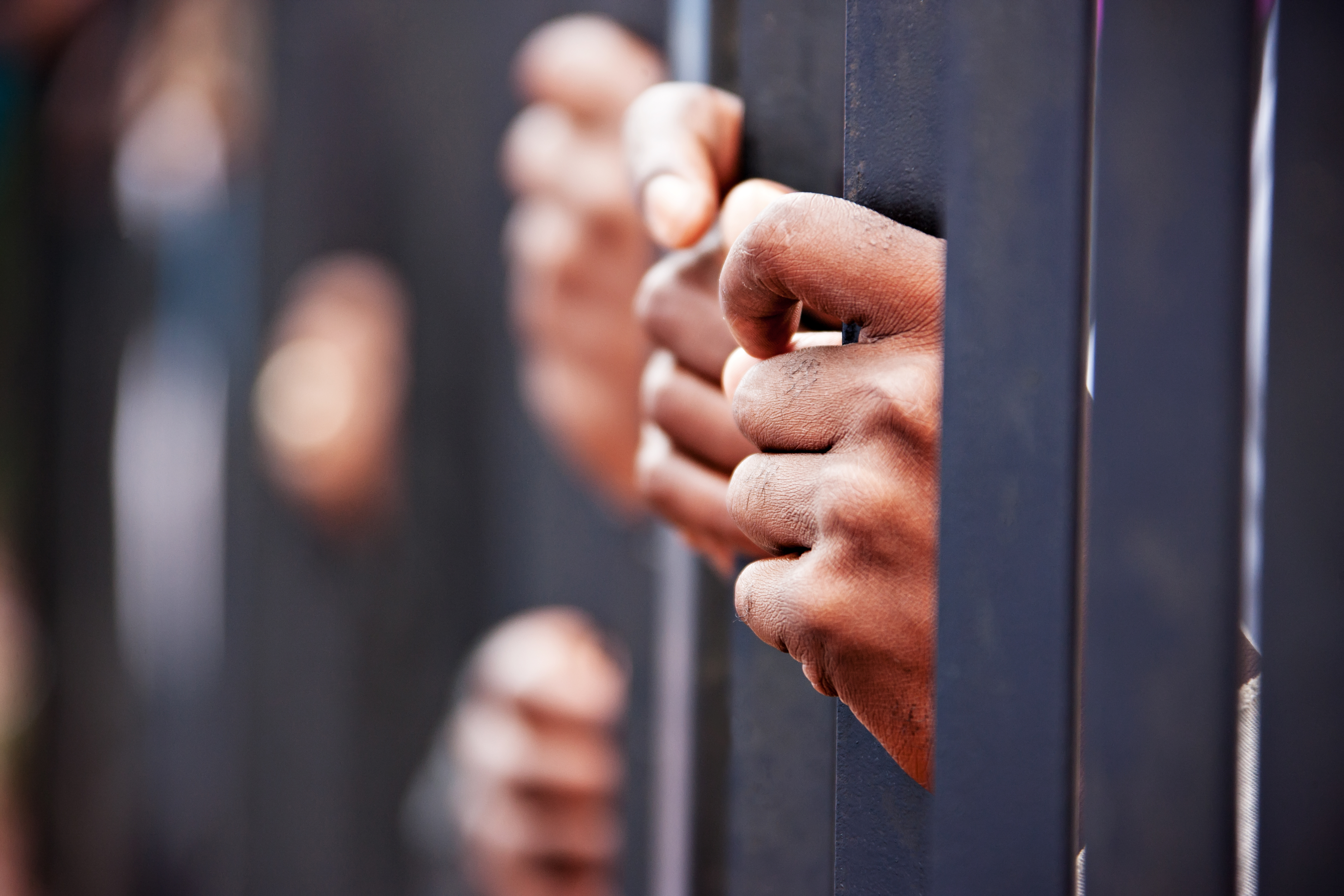Although scientists haven’t yet confirmed it, there is a cure for COVID-19: Incarceration in an Alabama prison.
It’s amazing, really.
If you work in the prisons or visit an Alabama prison, you get the coronavirus. If you’re an inmate who leaves an Alabama prison for a short period of time, you also get the virus.
But inside those walls … you’re as safe as a baby.
According to APR’s Eddie Burkhalter, who has covered Alabama’s atrocious prisons better than anyone in the state over the last several months, Alabama Department of Corrections officials contend that there is just one — ONE! — prisoner in the entire ADOC prison population who currently has COVID-19.
Out of more than 22,000 prisoners.
There have been nine prisoners to test positive for the virus over the last few months. All of them tested positive at medical facilities outside of the prisons while they were undergoing other treatments.
There are 36 confirmed cases of prison workers testing positive.
But still just the one inmate.
A major medical miracle. We should alert Fauci and Birx.
On the other hand, maybe it’s simply one more case of Alabama treating its prison population as though the men and women inside those walls are something less than human. Hell, something less than mammals.
Actually, there’s no maybe about it. That’s definitely what’s happening.
We’re not testing inmates, so, tah-dah, no inmates are sick. Even when we know from inmates and guards and prison staff that inmates are most definitely sick. And that many of our prisons have now established quarantine areas where dozens of prisoners are being housed, away from the general populations.
But we’re not testing them. Or providing them much treatment.
A few days ago, a woman at a Birmingham-area prison work facility was essentially left to die in a stairwell, according to another prisoner, because guards and staff were too afraid to help her get to the medical clinic upstairs. The reason they were afraid was because the prisoner, Colony Wilson, had exhibited symptoms of COVID-19.
She died gasping for air. As several people stood over her and around her, doing nothing.
It is the latest in an ongoing string of horrible, terrifying, unconscionable incidents within Alabama’s prisons, most of which have resulted in the deaths of dozens of inmates over the last few years.
Because Alabama prisons are hell on earth.
And that is not an opinion. It is a fact confirmed by anyone who has ever spent time in, worked in, toured or investigated incidents that have occurred in those prisons. Justice Department investigators agree. A federal judge agrees.
Our prisons are poorly staffed, poorly funded and poorly maintained, and our inmates are poorly guarded, poorly fed and poorly treated for ailments. And no one cares.
But you will.
Mark my words, we will pay for our treatment of Alabama prisoners — all of us will. I know this because it is one of the few guarantees of life: You cannot dismiss and mistreat groups of human beings for decades on end and not pay a price for your sins.
We have a big bill coming due.
And I guarantee you one other thing: That bill would have been much smaller, much more easily managed had we simply done the right things from the start.
Had we properly staffed the prisons with guards who weren’t paid so little that smuggling contraband was the only way to pay their bills. Had we provided inmates with actual tools to rehabilitate themselves. Had we treated their medical ailments properly. Had we shown a genuine interest in their contributions to society.
We had an opportunity to show a group of mostly young men that the love and direction most of their early lives did exist. We could have proven to them that there are people who care about them, who understand that every life — even the ones outside of the womb and encased in non-white skin — are precious.
But we didn’t. And those people found refuge with other wayward men and women — in violent gangs and prison cliques. They found an income selling drugs and selling humans and doing all the bad things that people buy all those guns to stop.
And we pretended like it didn’t exist. Like they didn’t exist.
So, maybe it shouldn’t be a surprise that we’re just not testing inmates for a deadly virus. It would fit the pattern of ADOC and this state in dealing with our prisoners.
But know this: the manner in which a state houses and cares for its worst people is the truest measure of the heart of the people leading that state.
Alabama’s heart stopped beating long ago.






















































